Are you tired of dealing with painful varicose veins? Look no further! In this article, you will discover a natural remedy that can help alleviate the discomfort and appearance of varicose veins. Say goodbye to the throbbing pain and unsightly veins, and say hello to healthier, happier legs! It’s time to regain your confidence and embrace a more natural solution.
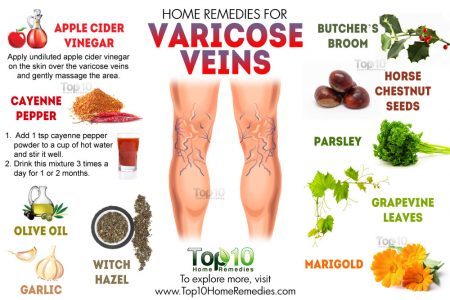
Causes of Varicose Veins
Improper blood flow
Varicose veins occur when the valves in your veins that are responsible for regulating blood flow become weak or damaged. This can disrupt the normal flow of blood, causing it to pool in certain areas, particularly in your legs and feet. This improper blood flow puts pressure on the walls of your veins, eventually leading to the development of varicose veins.
Weak vein walls
The veins in your body have thin walls that are designed to withstand the pressure of blood flow. However, certain factors can weaken these walls, making them more susceptible to damage. When the walls of your veins weaken, they can stretch and bulge, resulting in the appearance of varicose veins.
Hormonal changes
Hormonal changes, particularly an increase in estrogen levels, have been associated with the development of varicose veins. Estrogen has been found to weaken the walls of the veins and can contribute to the formation of blood clots, further impacting blood flow and increasing the risk of varicose veins.
Family history
Unfortunately, genetics can play a role in your likelihood of developing varicose veins. If your parents or close family members have a history of varicose veins, you have a higher chance of developing them as well. This suggests that there may be a hereditary component to the development of varicose veins.
Symptoms of Varicose Veins
Visible dark veins
One of the most noticeable signs of varicose veins is the appearance of dark, twisted veins near the surface of the skin, often in the legs. These veins may be blue or purple in color, and they can be quite prominent and unsightly.
Pain and discomfort
Varicose veins can cause pain and discomfort, ranging from a dull ache to a throbbing sensation. This pain is often worse after prolonged periods of standing or sitting. You may also experience a feeling of heaviness or fullness in your legs.
Swelling and heaviness
Due to the pooling of blood in the affected veins, you may experience swelling and heaviness in the affected area. This can make it difficult to move around and can lead to feelings of fatigue and overall discomfort.
Muscle cramps
Some individuals with varicose veins may also experience muscle cramps, particularly at night. These cramps can be quite painful and may disrupt your sleep. They are often a result of the poor circulation associated with varicose veins.
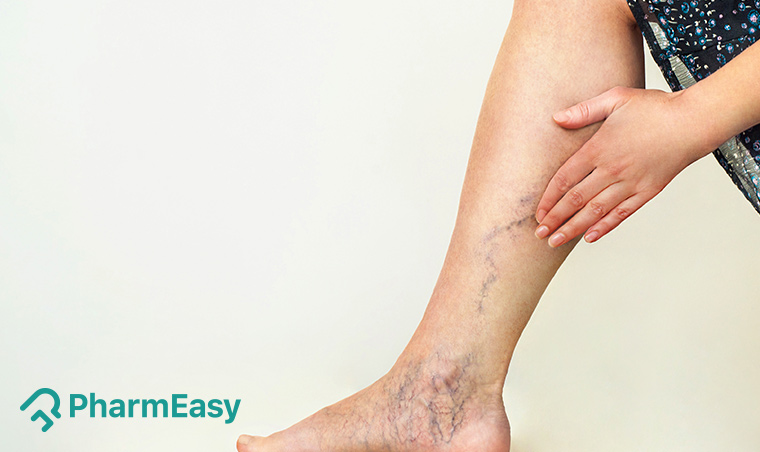
Risk Factors for Varicose Veins
Age
As you age, the valves in your veins may become weaker, increasing the likelihood of varicose veins. Aging also leads to a natural loss of elasticity in your veins, further contributing to their deterioration.
Gender
Women are more likely to develop varicose veins than men. Hormonal changes during pregnancy and menopause, as well as the use of hormonal contraceptives, can increase a woman’s risk of developing varicose veins.
Pregnancy
During pregnancy, the volume of blood in a woman’s body increases, putting extra pressure on the veins. Additionally, hormonal changes during pregnancy can weaken the vein walls. These factors combined make pregnancy a significant risk factor for varicose veins.
Obesity
Excess weight can put added pressure on your veins and can hinder proper blood flow. Obese individuals are more likely to develop varicose veins due to the increased strain placed on their circulatory system.
Lifestyle Changes for Varicose Veins
Regular exercise
Engaging in regular exercise, particularly activities that promote leg muscle strength and circulation, can help prevent and alleviate varicose veins. Try incorporating exercises such as walking, jogging, swimming, or cycling into your routine.
Weight management
Maintaining a healthy weight is crucial for reducing the strain on your veins. If you are overweight or obese, losing weight can decrease your risk of developing varicose veins and help improve existing symptoms.
Elevate legs
Elevating your legs can provide relief from the symptoms of varicose veins. Raise your legs above the level of your heart whenever possible to promote better blood circulation and reduce swelling.
Avoid long periods of sitting or standing
Prolonged periods of sitting or standing can worsen the symptoms of varicose veins. If your job requires extended periods of sitting or standing, try to take frequent breaks to move around and stretch your legs.
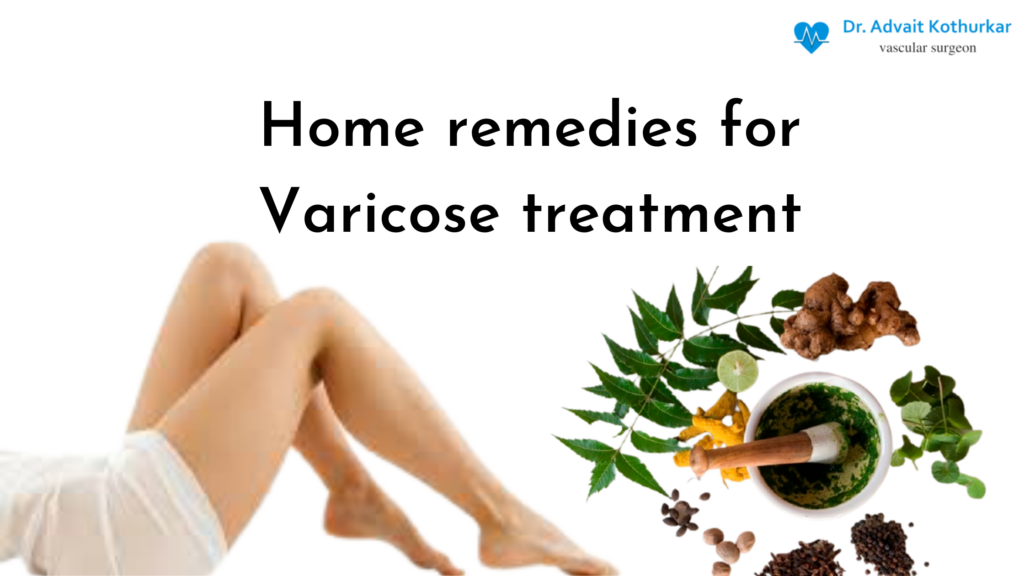
Dietary Modifications
Increase fiber intake
A diet rich in fiber can help improve your overall cardiovascular health and regulate bowel movements. Include foods such as whole grains, legumes, fruits, and vegetables in your daily meals to increase your fiber intake.
Include flavonoid-rich foods
Flavonoids are natural compounds found in certain fruits and vegetables that have been shown to improve vein health and reduce inflammation. Include foods such as citrus fruits, berries, grapes, and leafy greens in your diet for their flavonoid content.
Consume anti-inflammatory foods
Inflammation can exacerbate the symptoms of varicose veins. To reduce inflammation, incorporate foods with anti-inflammatory properties into your diet. Some examples include fatty fish, nuts, seeds, olive oil, and turmeric.
Stay hydrated
Proper hydration is essential for maintaining healthy blood flow and preventing blood clots. Aim to drink an adequate amount of water throughout the day to support your cardiovascular health.
Herbal Remedies for Varicose Veins
Witch hazel
Witch hazel is a natural astringent that can help reduce inflammation and improve the appearance of varicose veins. Apply witch hazel topically to the affected area using a cotton pad or cloth.
Horse chestnut
Horse chestnut extract has been used traditionally to alleviate the symptoms of varicose veins. It contains a compound called aescin, which has anti-inflammatory and vein-strengthening properties. Look for horse chestnut products specifically formulated for varicose veins.
Butcher’s broom
Butcher’s broom is an herb that contains compounds known to constrict blood vessels and improve circulation. It can be taken orally or applied topically to alleviate the symptoms of varicose veins.
Gingko Biloba
Gingko biloba is an herb known for its ability to improve blood flow and reduce inflammation. It can be taken orally as a supplement to support vein health.
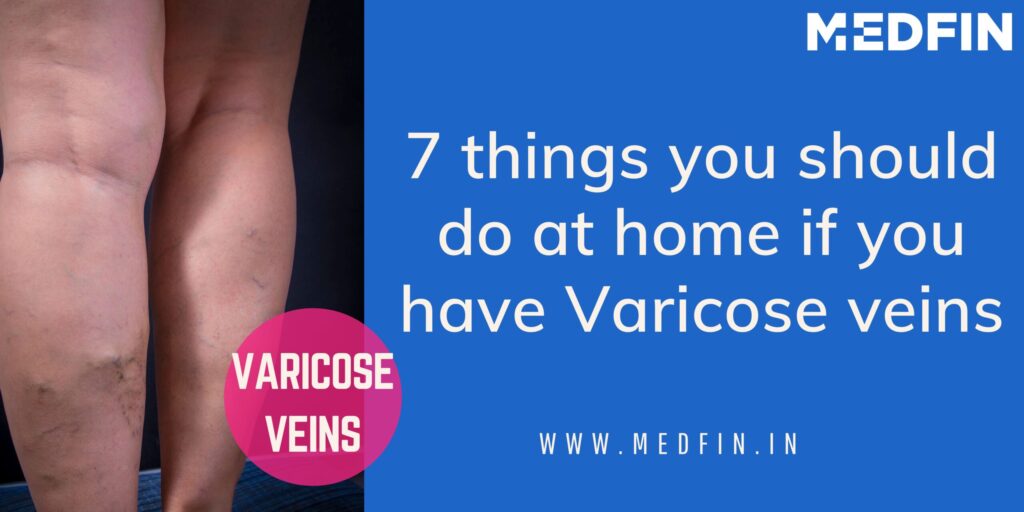
Essential Oils for Varicose Veins
Cypress oil
Cypress oil has been used to promote healthy blood circulation and reduce the appearance of varicose veins. Dilute cypress oil with a carrier oil and massage it into the affected area.
Lavender oil
Lavender oil has soothing and anti-inflammatory properties that can help alleviate the discomfort associated with varicose veins. Mix lavender oil with a carrier oil and gently massage it onto the affected area.
Helichrysum oil
Helichrysum oil is known for its ability to reduce inflammation and improve circulation. Dilute helichrysum oil and apply it topically to the affected area.
Frankincense oil
Frankincense oil has anti-inflammatory properties that can help reduce swelling and discomfort associated with varicose veins. Mix frankincense oil with a carrier oil and apply it to the affected area.
Homeopathic Remedies for Varicose Veins
Hamamelis virginiana
Hamamelis virginiana, also known as witch hazel, is a commonly used homeopathic remedy for varicose veins. It can help reduce pain, inflammation, and itching associated with varicose veins.
Aesculus hippocastanum
Aesculus hippocastanum, or horse chestnut, is another homeopathic remedy that can alleviate the symptoms of varicose veins. It is particularly useful for relieving heaviness and swelling in the legs.
Arnica montana
Arnica Montana is often recommended for the pain and bruising associated with varicose veins. It can be taken orally or applied topically as a cream or gel.
Pulsatilla pratensis
Pulsatilla pratensis, or pasqueflower, is a homeopathic remedy often prescribed for individuals with varicose veins who experience throbbing pain and discomfort. It can help improve circulation and reduce inflammation.
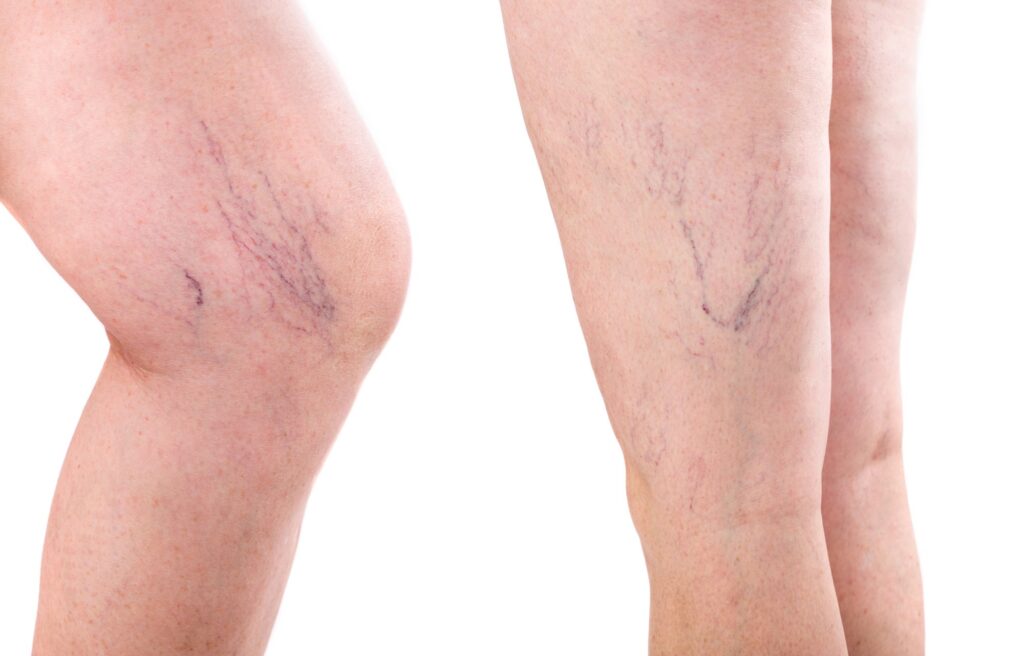
Compression Stockings
How do they work?
Compression stockings are specially designed to apply pressure to the lower legs, ankles, and feet. This pressure helps to improve blood flow, reducing the pooling of blood in the veins and alleviating the symptoms of varicose veins.
Benefits of using compression stockings
Compression stockings offer numerous benefits for individuals with varicose veins. They can reduce pain and discomfort, prevent swelling, and improve overall circulation. Additionally, they can help prevent the progression of varicose veins and the development of complications such as blood clots.
Choosing the right compression stockings
It’s important to choose the right compression stockings for your individual needs. There are different levels of compression to consider, ranging from mild to firm. Consult with a healthcare professional to determine the appropriate level of compression for your condition.
Wearing and caring for compression stockings
To maximize the benefits of compression stockings, it’s essential to wear them consistently and properly. Put them on in the morning before getting out of bed and remove them before going to sleep. Take care to wash them regularly according to the manufacturer’s instructions.
When to Seek Medical Help
Severe pain and swelling
If you experience severe pain and swelling in your legs, it may be a sign of a more serious condition related to your varicose veins. Seek medical help immediately to determine the cause and receive appropriate treatment.
Ulcers or bleeding
If you notice the development of ulcers or bleeding around your varicose veins, it’s crucial to seek medical attention. These symptoms indicate potential complications and require professional evaluation and management.
Skin changes or infections
Varicose veins can lead to skin changes such as discoloration, dryness, and itching. If you notice significant changes in your skin or suspect an infection, consult with a healthcare professional for a proper assessment.
Consistently worsening symptoms
If your varicose vein symptoms continue to worsen despite trying lifestyle modifications and home remedies, it’s advisable to seek medical help. A healthcare professional can evaluate your condition and recommend appropriate treatment options.
In conclusion, varicose veins can be caused by factors such as improper blood flow, weak vein walls, hormonal changes, and genetics. The symptoms of varicose veins include visible dark veins, pain and discomfort, swelling and heaviness, and muscle cramps. Risk factors for varicose veins include age, gender, pregnancy, and obesity. Making lifestyle changes, such as regular exercise and weight management, can help alleviate symptoms. Dietary modifications, herbal remedies, essential oils, and homeopathic remedies can also provide relief. Compression stockings can be beneficial in improving blood flow and managing symptoms. It’s important to know when to seek medical help for severe pain, ulcers or bleeding, skin changes or infections, and consistently worsening symptoms related to varicose veins.
Related Terms About Natural Remedy For Varicose Veins.
Home Remedies For Spider Veins On Ankles, Home Remedies For Varicose Veins At Home, Home Remedies For Varicose Veins In Marathi, Home Remedies For Varicose Veins In Pregnancy, Home Remedies For Varicose Veins In Testicles, Home Remedy For Removing Varicose Veins, Home Remedy For Spider Veins On Face, Home Remedy For Spider Veins On Legs, Home Remedy For Spider Veins On Thighs, Home Remedy For Varicose Veins In English